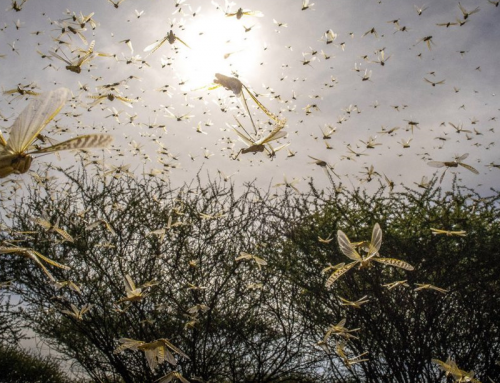Project Description
The COVID-19 pandemic is impacting not only people’s lives, livelihoods and nutrition but also food trade, food supply chains and markets.
Countries have shut down the economy to slow the spread of the coronavirus. Supermarket shelves remain stocked for now. But a protracted pandemic crisis could quickly put a strain on the food supply chains, a complex web of interactions involving farmers, agricultural inputs, processing plants, shipping, retailers and more. The shipping industry is already reporting slowdowns because of port closures, and logistics hurdles could disrupt the supply chains in coming weeks
In order to avoid food shortages, it is imperative that countries keep the food supply chains going. Unlike the 2007-2008 global food crisis, scarcity is not an issue this time. The supply of staple commodities is functioning well, and the crops need to be transported to where they are needed most. Restricting trade is not only unnecessary, it would hurt producers and consumers and even create panic in the markets. For high-value commodities that require workers (instead of machines) for production, countries must strike a balance between the need to keep production going and the need to protect the workers
As countries combat the coronavirus pandemic, they must also make every effort to keep the gears of their food supply chains moving.
WHAT WE SHOULD DO
First, health is the top priority. Countries must ramp-up testing as much as possible and put isolation measures in place in order to slow the spread. Second, countries should meet the needs of the most vulnerable people, as the measures to contain the pandemic cripple the economy. Third, countries must keep the food supply flowing by prioritizing the health of the workers in the sector and their outputs.


